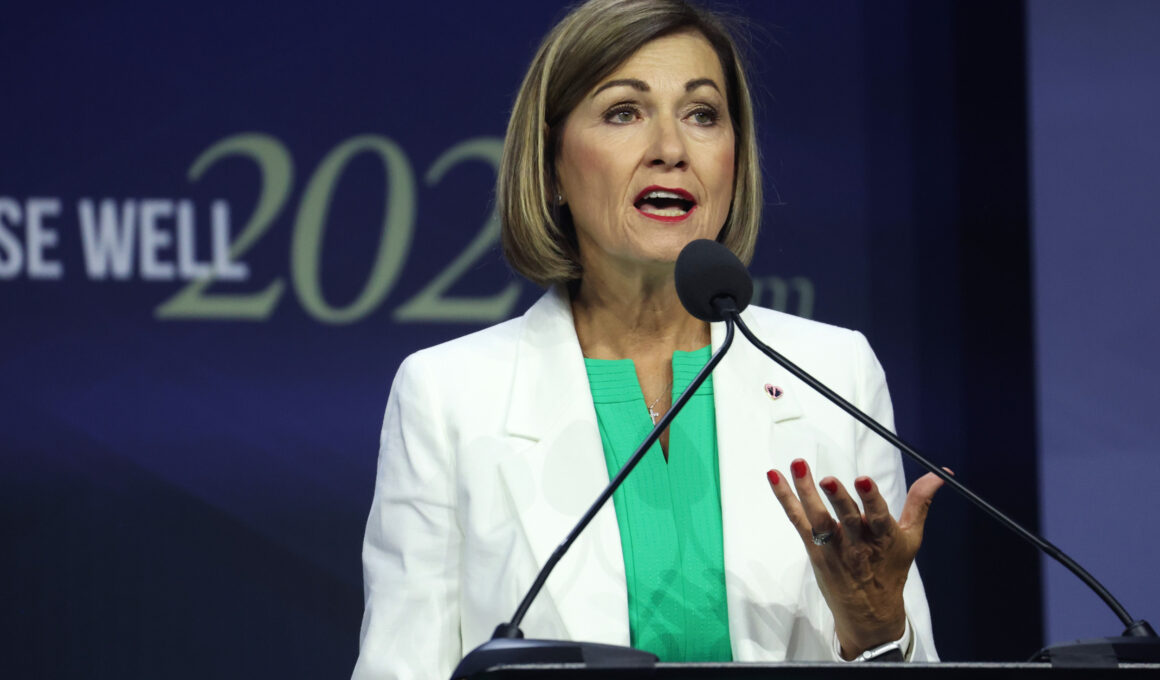Iowa’s strict abortion ban came into effect Monday, immediately banning most abortions after about six weeks of pregnancy, before many women know they are pregnant.
Under the Iowa law, there are only exceptions only in cases of rape, incest, fetal abnormalities, or when the mother’s life is in danger. Previously, Iowa permitted abortions up to 20 weeks. The new law prohibits abortions after cardiac activity can be detected, which is roughly at six weeks.
Since the overturning of Roe v. Wade in 2022, many Republican-controlled states have put abortion restrictions into effect, while most Democratic states have laws or executive orders in place to protect access. Iowa joins four other states that ban abortions after about six weeks, and 14 states that have near-total bans at all stages of pregnancy.
This comes after the Iowa law was passed during a special one-day session last July with exclusive Republican support, but faced immediate legal challenges from the American Civil Liberties Union of Iowa, Planned Parenthood North Central States, and the Emma Goldman Clinic.
The law was briefly in effect before a district court judge paused its enforcement.
However, in June the Iowa Supreme Court reversed a lower-court ruling that put a temporary block on the state’s strict abortion law. In a 4-3 decision the Iowa Supreme Court reiterated that there was no constitutional right to abortion.
Republican Gov. Kim Reynolds previously issued a statement celebrating the court’s decision, saying: “There is no right more sacred than life, and nothing more worthy of our strongest defense than the innocent unborn. Iowa voters have spoken clearly through their elected representatives. I’m glad that the Iowa Supreme Court has upheld the will of the people of Iowa.”
Newsweek has reached out to Reynolds’ office and Planned Parenthood North Central States via email for comment.
According to The Associated Press, the state’s medical board established standards for compliance earlier this year, though it has not detailed specific disciplinary actions or methods for determining noncompliance.
Following the initial implementation of the law, Planned Parenthood North Central States took measures to assist patients amid the uncertainty, rescheduling abortion appointments in other states. Since then, Planned Parenthood has ceased abortion services in two Iowa cities, including one in Des Moines.
However, Planned Parenthood and Emma Goldman representatives have indicated that their clinics in Iowa will continue to provide abortion services before cardiac activity is detected, AP reported.
Sarah Traxler, Chief Medical Officer of Planned Parenthood North Central States, expressed concern, telling the AP, the new law is a “devastating and dark” moment in Iowa’s history. “This law is tricky,” said Traxler, referring to the six-week benchmark. “We don’t necessarily have plans to cut people off at a certain gestational age.”
According to AP, for over a year, Planned Parenthood in the region has been preparing for these restrictions by investing in infrastructure both within and outside of Iowa. This includes remodeling its Omaha, Nebraska center, just across the state line, and introducing medication abortion services in Mankato, Minnesota, an hour’s drive from Iowa.
Meanwhile, abortion access has been a pivotal issue in the 2024 election nationwide as the overturning of Roe v. Wade has led voters in California, Kansas, Kentucky, Michigan, Montana, Ohio, Vermont and Arizona to adopt ballot measures, hoping to put the abortion issue directly before voters amid critical presidential, Senate and House races.
Uncommon Knowledge
Newsweek is committed to challenging conventional wisdom and finding connections in the search for common ground.
Newsweek is committed to challenging conventional wisdom and finding connections in the search for common ground.








